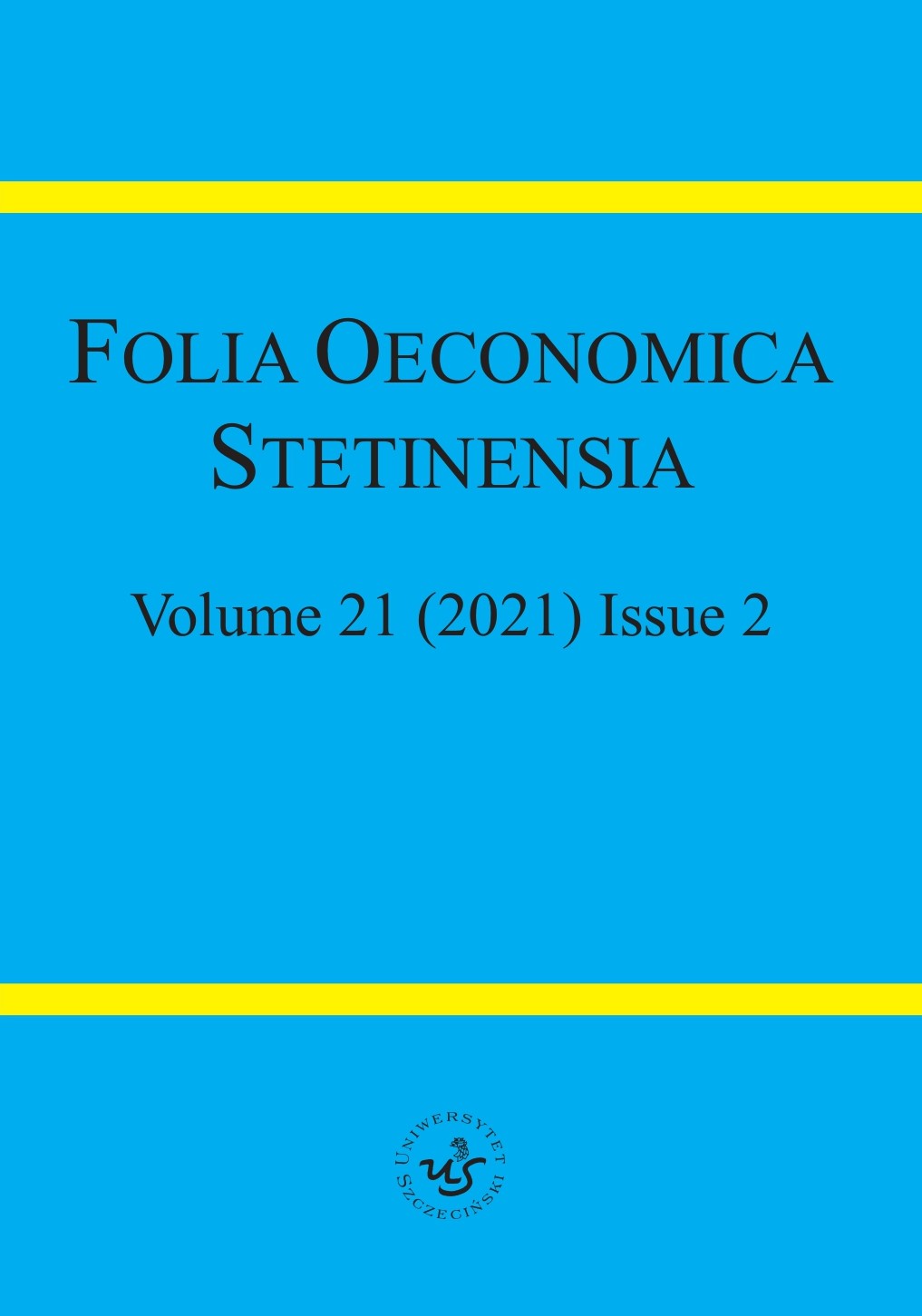Are EU Members’ Economies an “Engine” of the EU Candidates’ Economies?
Are EU Members’ Economies an “Engine” of the EU Candidates’ Economies?
Author(s): Marija Radulović, Milan KostićSubject(s): Politics, Economy, National Economy, Business Economy / Management, EU-Approach / EU-Accession / EU-Development, Financial Markets, Public Finances, Socio-Economic Research
Published by: Wydawnictwo Naukowe Uniwersytetu Szczecińskiego
Keywords: EU member; EU candidate; developed country; developing country; VECM
Summary/Abstract: Research background: Economic relations between countries members of the EU and EU candidates are very strong. Germany and France have the leading economies of the EU, are in the top ten economies worldwide, and drivers of EU development. Serbia has strong economic relations with Germany and France, especially with Germany. Therefore, it is necessary to examine whether Germany and France impact the development of Serbia. Purpose: The purpose of the study is to determine if there is a positive influence of a developed country on a developing country. The aim of the paper is to determine whether there is a long- and short-term positive relationship between Germany and France (EU members) and the Serbian economy (EU candidate). Research methodology: A Vector Error Correction Model is used to analyze quarterly data from 2002Q2 to 2018Q2. Results: The results showed a statistically significant long-term relationship between Germany and France and Serbia’s real GDPs, so EU members have a long-term positive impact on the economy of EU candidates. In the case of the French, there is a short-run positive impact on the Serbian economy. For Germany, it is not the case. Novelty: This paper fills the literature gap about the influence of a developed country on a developing country. Recommendations for policymakers in EU candidates could be that if they want to motivate people to accept the process of access to the EU, they must provide them with more information about long-run economic benefits from the association to the EU.
Journal: Folia Oeconomica Stetinensia
- Issue Year: 21/2021
- Issue No: 2
- Page Range: 97-117
- Page Count: 21
- Language: English

